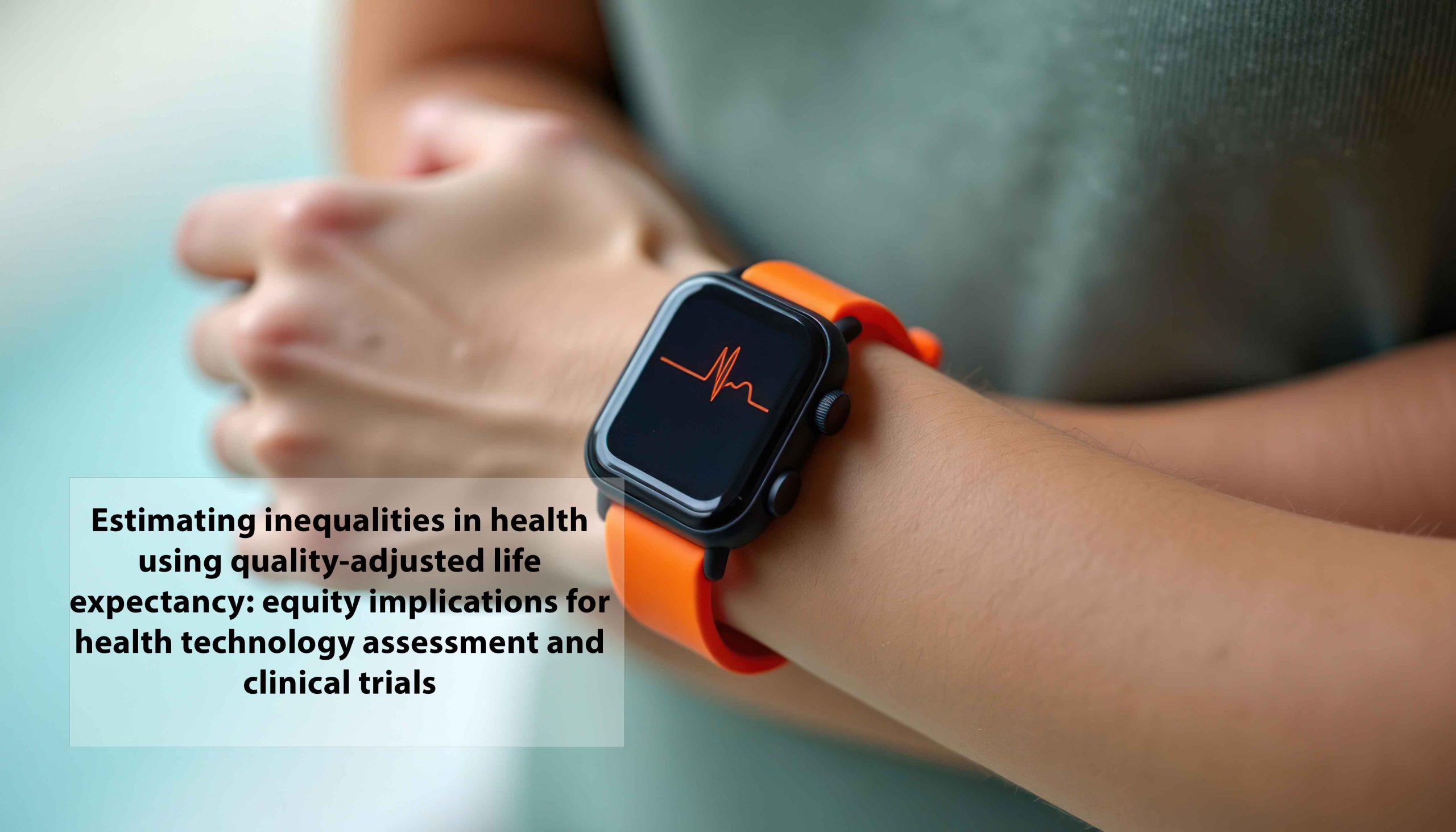The Quality-adjusted life year (QALY), constructed from patient reported quality of life measurements, is routinely used in health technology assessment. In order to compare and evaluate across new health technologies, the QALY must hold the same value no matter to whom the benefit accrues. However, societal preferences indicate concerns for inequity in health outcomes, and these equity concerns are not currently reflected within standard cost-effectiveness analysis.
In this webinar we will describe how quality-adjusted life expectancy (QALE) can be used to monitor health inequalities. We will present estimates for QALE for the Australian population, including how this varies by socioeconomic status. Lastly, we will discuss how this distribution of health across socioeconomic groups can be applied to equity-informed methods of cost-effectiveness analysis and the important role that data collection within clinical trials can play in improving evaluation of the potential equity impacts of healthcare funding decisions.
Presenter

Sheridan Rodda
Sheridan is undertaking a PhD in health economics within the Health Economics and Policy Evaluation Research Group, under the leadership of Prof. Zanfina Ademi at the Faculty of Pharmacy and Pharmaceutical Sciences, Monash University. She is also an experienced clinical pharmacist at Monash Health where she has implemented and evaluated innovative, pharmacist-led models of care. The focus of her PhD is on advancing the integration of equity into health technology assessment.
Latest Resources
-
-
HEAT SIG webinar Economic evaluation alongside clinical trials in the anthropocene
-
ACTA webinar – Estimating inequalities in health using quality-adjusted life expectancy: equity implications for health technology assessment and clinical trials
-
Developing ModRUM: a standardised, generic, modular resource-use measure
-
ACTA Webinar – Discrete choice experiment checklist
-
Development of the Cost-IS (costing implementation strategies) instrument
-
Webinar recording: The economics of trials – reducing waste in research
-
Webinar recording: Identifying and addressing trial design issues early
-
ACTA Webinar: Pre-trial VOI analyses to guide trial prioritisation and data collection
-
Webinar recording: Patient reported outcome endpoints: Optimal development, collection, analysis planning & reporting:
-
Webinar recording: Quantifying Equity Impacts
-
HEAT webinar recording: Design of economic evaluations along the development process
-
HEAT Webinar Recording-Flexible survival models and why we (might) need them
-
HEAT Webinar Recording- Use of Administrative Data for Measuring Events and Healthcare Use
-
HEAT Webinar Recording- Economic Evaluation Alongside Adaptive Trials
-
A pilot study to prospectively estimate the health and economic return on research investment
Latest Events
-
ACTA Webinar – Conducting economic evaluation alongside paediatric clinical trials: special considerations and examples
-
ACTA Webinar – Treatment switching in oncology trials and integration into economic modelling practices
-
ACTA 2025 Clinical Trials and Registries Symposium
-
ACTA Developing ModRUM: a standardised, generic, modular resource-use measure
-
ACTA Webinar – Discrete choice experiment checklist
-
ACTA Webinar – Development of the Cost-IS (costing implementation strategies) instrument
-
ACTA Health economics alongside trials webinar: Identifying and addressing trial design issues early
-
ACTA Webinar: Pre-trial VOI analyses to guide trial prioritisation and data collection
-
Patient reported outcome (PRO) endpoints: Optimal development, collection, analysis planning and reporting
-
Webinar: Quantifying Equity Impacts

